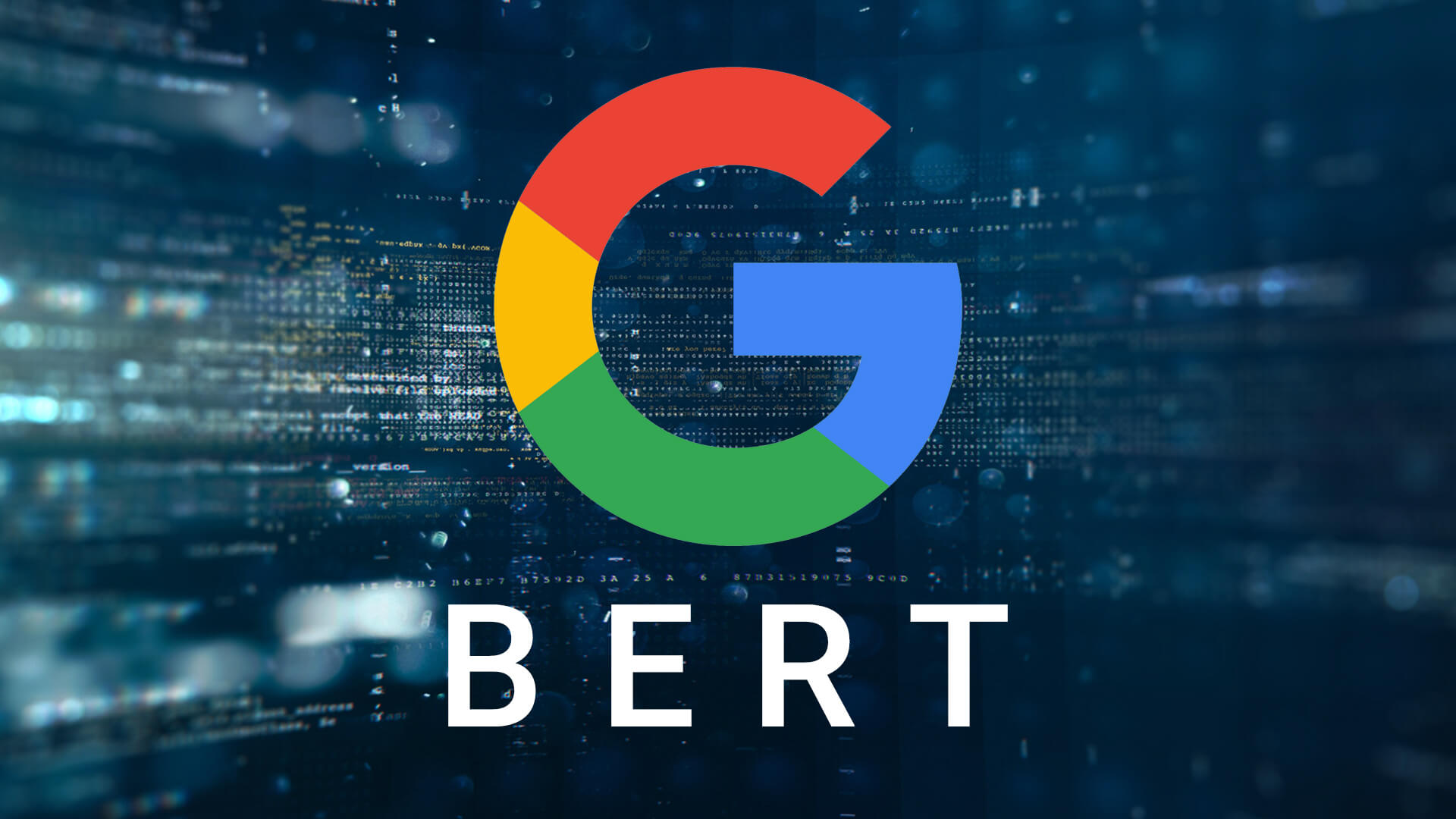What is an Algorithm Update?
You may have heard of algorithm updates, but how do they affect you?
When searching Google for the restaurants closest to us, people typically don’t think about what’s happening behind the screen or how Google is able to bring us the most relevant results in a fraction of a second. But for those of us in SEO, this is where we thrive. This is just one of the pieces we consider to ensure our clients show up again and again in organic search.
In order to find the most relevant results for your search, search engines like Google use specific algorithms. And just when you think you have the algorithm all figured out, search engines release updates, which can result in either positive or negative impacts to your business’ online performance.
Below, we are highlighting some of Google’s most recent algorithm updates, why you should pay attention to them, and what to do if your business is affected by an algorithm update.
What is an Algorithm Update?
Specific search engines, like Google, operate through an algorithm, or a set of rules to be followed in problem-solving operations. Every so often, search engines will update or make improvements to these algorithms, which are used to rank websites in organic search results and can have both positive and negative impacts on your business’ online presence.
It’s important to know when platforms like Google update their search ranking algorithms because it means your site can perform better or worse based on the update. Keeping tabs on Google algorithm updates can help you proactively monitor changes in website performance to see if your website has been impacted.
Google Algorithms
Google algorithms retrieve data from Google’s search index (aka, Google’s enormous file cabinet of websites) in order to deliver the best results when a person searches on the platform. Google uses algorithms and ranking signals to provide web pages ranked by relevance, authority, and trust in search engine results pages (SERPs).
Recent Notable Google Algorithm Updates:
May 2020 Core Algorithm Update: May 4, 2020
Several times a year, Google makes significant, broad changes to search algorithms and systems, referred to as “core updates.” As Google states, “They’re designed to ensure that overall, we’re delivering on our mission to present relevant and authoritative content to searchers.”
To read more about what Google says about these core updates, click here.
January 2020 Core Update: January 13, 2020
Another core algorithm update to improve Google’s algorithm.
Read more about this specific update here.
BERT: October 25, 2019
BERT (Bidirectional Encoder Representations from Transformers) is Google’s neural network-based technique for natural language processing (NLP) pre-training.
The update was designed to better understand what a user is searching for and putting the most qualified results in front of them. BERT is a “query understanding” update rather than a ranking algorithm update. This update represents an enhancement in the technology for understanding language in a more human-like manner, meaning if your site is easy to navigate and gives users what they’re searching for, BERT isn’t really a game-changer.
Read about all our thoughts on BERT here.
September 2019 Core Update: September 24, 2019
In September, Google released another broad core update - this time giving everyone a heads up that it’s happening via Google Search Liason’s Twitter account.
To understand all of Google’s algorithm history, check out one of our favorite resources, Moz’s Google Algorithm Update history.
How Can I Prepare For an Algorithm Update?
We stay informed of algorithm updates by following industry publications like Search Engine Land and Search Engine Roundtable. There are also a number of tools that monitor fluctuations in search results, including MozCast, SEMrush Sensor, and Algoroo.
Ultimately, Google performs these updates to ensure users are receiving the best, most trustworthy content available. The best way to prepare for an update or to recover from one if you’ve already been impacted negatively is to prioritize creating quality content that meets the needs of the searcher.
Google emphasizes that if you’ve been affected by an update, there might not be anything specifically to fix, but it’s helpful to reassess the content you’ve been serving to users. Make sure your content is quality, easy-to-read, and provides factual, helpful information from a trustworthy and authoritative source.
A general best practice is to closely follow the Google Search Quality Evaluator Guidelines, which are used by Google employees to manually assess the quality of search results.
Are you interested in learning how a thoughtful SEO or PPC strategy executed by industry experts can improve your online presence? View our services or contact us today!

